At the core of every free and fair democracy is an expertly managed monetary system, administered by an elite team of professional economists. It is impossible to have a free society without both a stable economy and a stable currency. Countries have tried and failed to run their economies without Central Banks, in each case having to concede that the economy cannot function without one, and that money needs to be centrally issued and controlled in order to be useful. America was once one such Country, managing to survive in relative poverty for the first half of its existence, until the evidence was overwhelming that things just weren’t working. In order to modernize America’s economy, in 1913 congress partnered with a group of distinguished financiers to form America’s Central Bank, the Federal Reserve Bank of the United States. This article discusses the essential functions of Central Banks, and why they form the bedrock of a modern liberal democracy.
Our Federal Reserve’s Dual Mandate
Our Federal Reserve bank is committed to a dual mandate of “maximum employment and stable prices”, and every decision they make is ultimately intended to influence these two variables, for the good of society. Democracy only works when there is a thriving middle class with a stake in the economy, and enough disposable income to exert control over their own lives and take part in the political process. Our Federal Reserve works to ensure that jobs are available for the middle class, and that businesses have a predictable economic environment to operate in. Without our Federal Reserve and its comittment to the dual mandate, natural political and economic instability would have inhibited the spectacular economic growth that we have witnessed over the last 100 years.
Free and Independent Monetary Policy
When our Federal Reserve was founded, it was specifically set up to be independent of congress. It was set up this way so that politicians could not corrupt the institution by letting their political motives interfere with monetary policy. Our Federal Reserve’s founders were wise enough to foresee the potential conflicts of interest between a congressman’s need to serve his constituents, and the need for sound, objective monetary policy. Part of the reason our Federal Reserve has been able to take such swift and decisive action, is that it is free from the bureaucracy and interference of congress. Our Federal Reserve’s independence also ensures that monetary policy is handled by economic experts only, and grants them the freedom to think and act as necessary, without political interference.
An Economic Safety Net
Capitalism cannot work on its own. Economists know that if capitalism is insufficiently regulated for too long, market participants become greedy, and the system eventually collapses. When this happens, it is the role of the Central Bank to step in and save the economy. We witnessed this phenomenon with the financial crisis of 2007-08. Because of insufficient regulation, Wall Street got ahead of itself and came close to crashing the entire financial system. This is when our Federal Reserve stepped in to pick up the pieces and save our economy from the brink of destruction. By buying up the destructive financial instruments that threatened the economy, our Federal Reserve was able to relieve our banks of their liabilities and save our financial system. Since this crisis, our economy has not only regained its strength, but we have also seen one of the greatest stock market rallies in history, demonstrating the power of quick and decisive monetary policy to truly turn an economy around for the better.
In Defense of Central Banking
There appears to be a libertarian subculture that expresses genuine hatred for central banking as a whole, and would like to see an end to Central Banks around the world. I have to imagine that this hatred is born out of ignorance or nihilism, as to disregard the essential functions of Central Banks, against all of the evidence and the complete consensus among top economists, simply makes no sense at all. I believe that the key to combating this ignorance is education, and I therefore urge congress to include an overview of the basic functions of Central Banking in our national curriculum. We all benefit from the workings of Central Banks every day, but it requires a grounding in the basics of economics to really appreciate what Central Banking has given us.


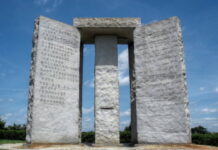

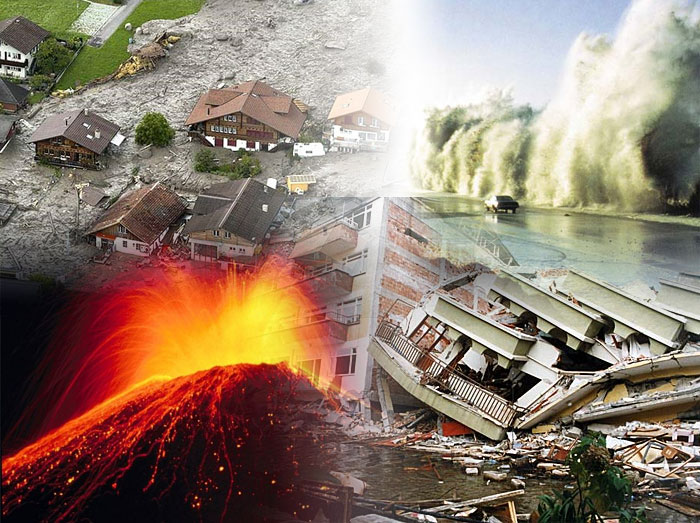
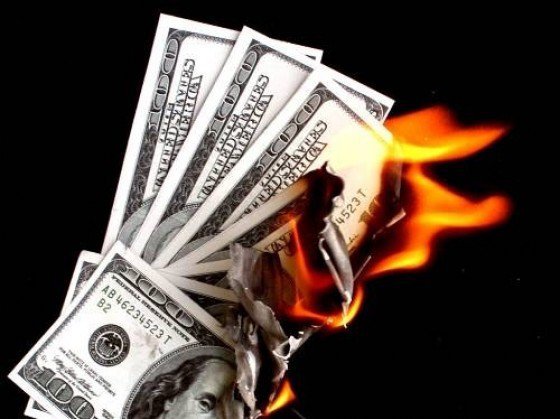
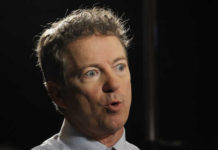












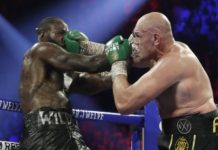







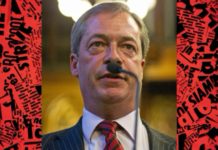







I cannot agree more.
Think of the catastrophe that would have ensued had we not had the Fed to bail out the financial system. The Fed has maintained price stability since its inception. Many might say that the USD has lost 95% of its purchasing power…but they are missing the boat completely. Look at nations without central banks- their currencies have lost 100% of their purchasing power. And a 100% loss is 100% more than a 95% loss. That’s massive!
Top economists believe in the Fed and that should be enough for right thinking people to agree. Economists are so important that they receive Nobel Prizes…look around at the Fed’s naysayers; how many Nobel Prizes do you see amongst them?
Clearly, trusting Wall Street and the private sector like FNMA and Freddie Mac to self-regulate was foolish. Thankfully, cooler heads prevailed and these companies were brought under the benevolent control of the Fed. All the bailout monies lent were repaid with interest and profits for the people and many criminals have gone to jail. Bonuses were clawed back and government oversight is now stronger than ever before. Employment growth has never been stronger, according to accredited government numbers.
Banks used their private sector powers to first not lend to blacks (redlining) and then lend to them (predatory lending), showing how these corporations’ first concern is RACISM and perpetuating inequality. Fortunately, pro bono lawyers existed to sue these banks for both racist and discriminatory sets of actions.
Anyone who criticizes the Fed is probably a libertarian or a terrorist extremist, which is really probably one and the same thing. These are the people who hate Obama (and all blacks) for their skin color, cling to high-capacity magazines and firearms whose sole purpose is to feed THE violence that is plaguing and besieging minorities, and who might vote for Trump, who is the latest incarnation of Hitler (who killed 7.0 million jews).
Ridiculously large paychecks and bonuses were a big part of what caused the crisis too, as the media has correctly pointed out. We need a trader’s bonus tax, and a mandated lowering of salaries on Wall Street, to reign in the excesses of capitalism. The more money they make on Wall Street, the less there is for everyone else.
I agree and I disagree. No major mainstream candidate is calling for such a thing. No major accredited news media outlet suggests that Wall Street bonuses are a problem. Wall Street bonuses’ size seem to be an issue for libertarians and right wing extremists.
ALL accredited sources say that Wall Street is critical to our ability to function as a nation and without it, we would have tanks in the streets. This is why the Fed had to act, to save the indispensable Wall Street from the forces of too little regulation. They had to kill the market to save it.
It wasn’t so much bonuses for doing God’s Work that were the problem on Wall Street, as it was rogue traders, “speculators” intent on bringing down the financial system through unregulated “short selling,” and racist banks who both wouldn’t and then would lend to blacks, both of which were legacies of jim crow and slavery. Basically, it was the fault of financial terrorists.
Listen, if Wall Street was the problem, wouldn’t Obama have sent bankers to jail? He didn’t; only libertarians and right wing extremist racists want to send such a “chilling effect” onto the lifeblood of the US Economy. I think that day traders’ and short sellers’ trading should be taxed, but Wall Street? Absolutely not; we cannot live without them. Both parties agree, all credible news sources concur on this. Top economists weigh in also in agreement and they have Nobel Prizes.
The excesses were not caused by Wall Street, but by the free market’s inability to regulate itself. This is where the Fed had to come in, to preserve the sanctity of Wall Street bonus flows and to kill the free market in order to save it from itself.
I miss you trav!
ZH sold out and went to shit.
“His name was Francis Sawyer…”
😉
All I can add to MDB’s excellent treatise is that The Fed and its dual mandate helps everyone – especially those less fortunate – through what is known as the “trickle down” effect.
The Fed saved many ordinary people’s savings when they bailed out the banking system in the aftermath of the GFC. However, most importantly, the banker’s personal livelihoods were saved, and soon the bonuses started flowing again.
These bonuses must be spent on something – a new Bentley, a new yacht, a new mansion – every time a bonus is spent, it enhances the entire economy by creating fresh demand, which then “trickles down” into the broader economy.
Your friendly Bentley dealer might decide to employ a new casual car-washer, for instance. Certainly, that dealer will be hightailing it to the nearest fancy restaurant to celebrate with his colleagues, and that restaurant might decide to hire a casual dish-washer.
And so it goes. The Fed’s actions immediately increase employment and personal income security.
Just *try* and imagine, if you will, where we’d all be without the *truly visionary* genius of such economic mavens as milton friedman and alan greenspan, and their star pupils the bernanke, the gnome and the rubin…
🙂
Is it enough just to reward these fabulous bankers/policy makers with a healthy revolving door enabling fantastic remuneration or should we actually get down on our knees and worship them. After-all, as Trav says, we couldn’t possible even live without them.